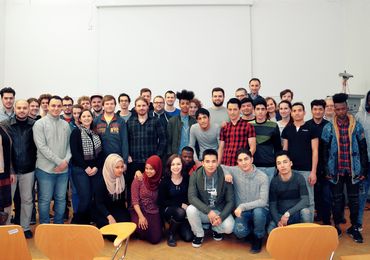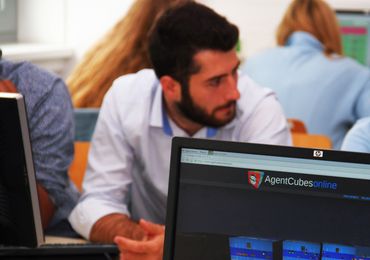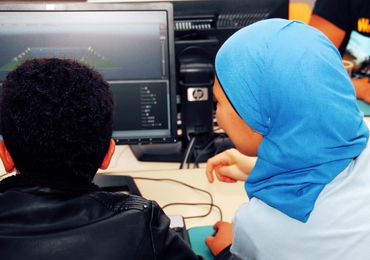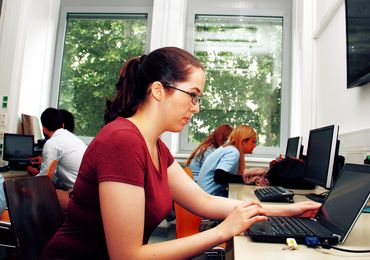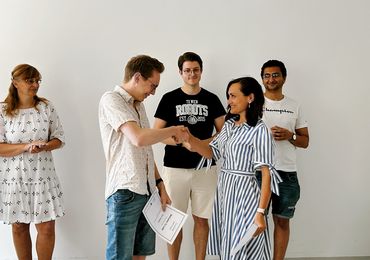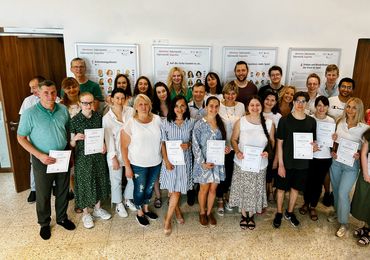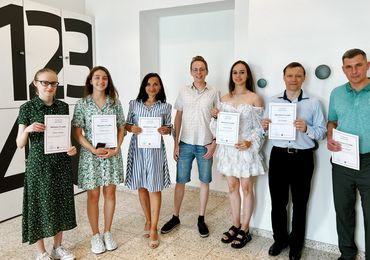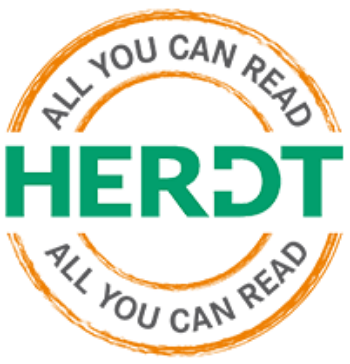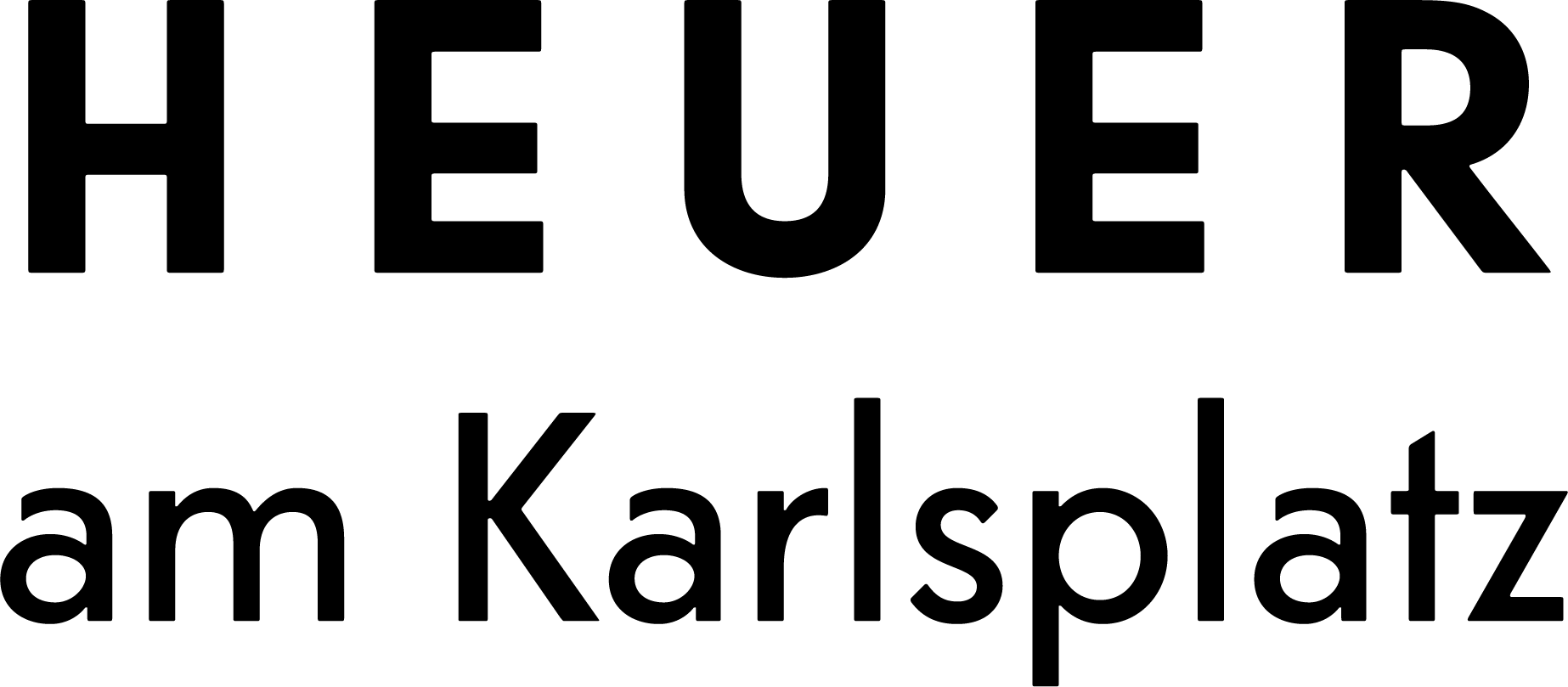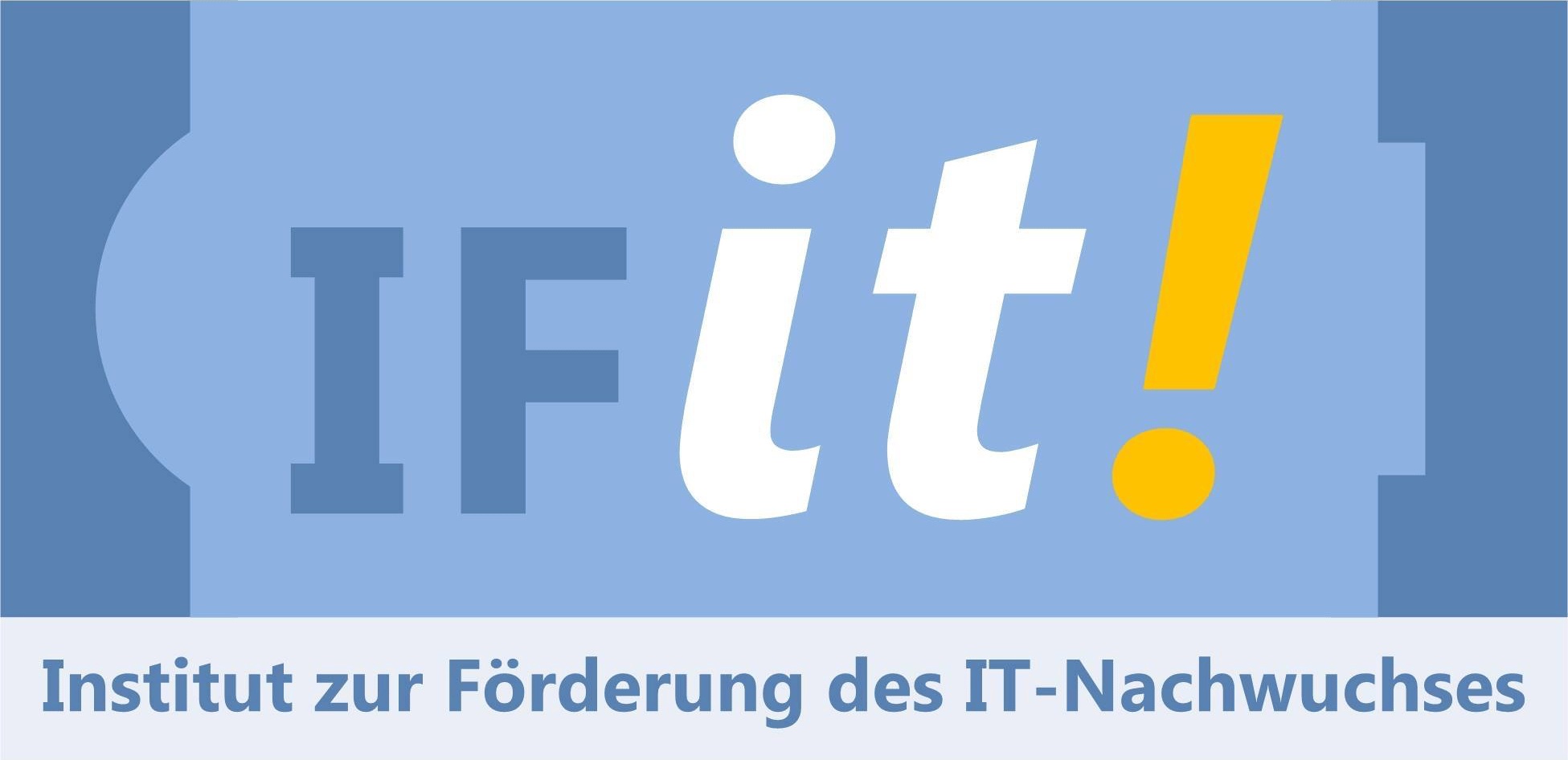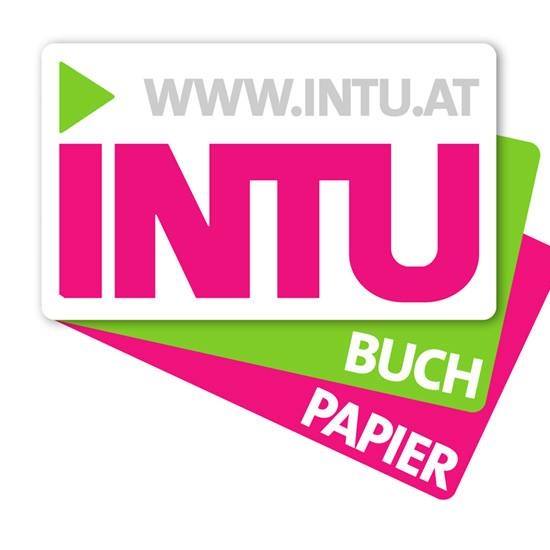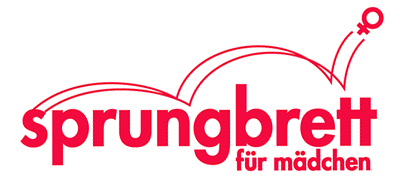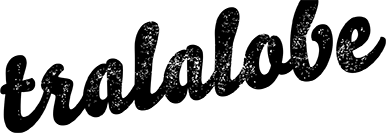welcome.TU.code
Founded in 2015, Welcome.TU.code offers refugees and people who have not yet found access to computer science an opportunity to further their education and find prospects for their future lives.
Welcome.TU.code started as an education project in 2015, offering free courses in informatics to unaccompanied adolescent refugees. The program has developed since then and now caters to all people, mainly from migrant or financially disadvantaged backgrounds, who have not yet found access to informatics. Welcome.TU.code offers basic informatics workshops, an introduction to software and hardware, and programming. The project paved the way for a further initiative in cooperation with WUK WORK.SPACE and Sprungbrett: The course “IT-Projects for Youth”. As part of the informatics curriculum, students at TU Wien Informatics develop & run IT workshops for young users with different backgrounds.
welcome.TU.code courses and workshops are led by students who are supported by tutors and supervisors. The students make important human and didactic experiences as they share their enthusiasm for technology while the participants benefit particularly from their commitment and the good support ratio in a intimate atmosphere.
There are different formats and tracks, for beginners who have never or rarely operated a computer and want to gain basic knowledge as well as intermediate and advanced tracks for coding in different topics. We also teach basic concepts of computer science – from algorithms to security and privacy.
History
2014
- 2,260 young people without parents or other carers fled to Austria. In Vienna alone, several hundred refugees under 18 were awaiting further decisions about their future. In the meantime, their hands were tied: Schools were basically open to them, but school attendance often failed because of language problems or a lack of previous education. A team of students and lecturers from our faculty felt the need to help those individuals, and eventually founded welcome.TU.code.
2015
- Since 2015, we offer free courses in informatics to unaccompanied adolescent refugees. The three-leveled course program introduces participants to computer science subjects at a beginner, intermediate or advanced level, according to their previous knowledge. The courses are led by students who are supported by two tutors and a supervisor. While the students make important human and didactic experiences as they share their enthusiasm for technology, the participants benefit particularly from their commitment and the good support ratio in an intimate atmosphere (each student engages with a maximum of three participants).
2016
- In 2016, we collaborated with Teach for Austria on programming courses for adolescent asylum seekers. Building on our experience, we went into cooperation with the office of Dr. Ing. Christian Konrad, the then-refugee coordinator on behalf of the Federal Government, and offered support in the implementation of the Refugee Mentoring Program . As part of this program students of informatics supervised a computer station where the computer skills of asylum seekers who applied for the mentoring program were tested.
2017
- Together with other faculties of TU Wien we participated in the initiative “Refugees welcome @ TU Wien”: For the project “Routes? Roots!”, we collaborated with the Faculty of Architecture and Spatial Planning in the creation of a help and guidance website for asylum seekers. The project subsequently joined the “new here” initiative, which is pursuing a similar goal. The jointly developed website was finally presented on World Refugee Day 2017. Essential parts of the software were created by our participating students.
2019
- In 2019, Informatics Europe and Microsoft presented the project with their Best Practices in Education Award.
2020
- In 2020, due to the SARS-CoV-2 outbreak, welcome.TU.code transferred its activities online, and collaborated with TU Wien’s More 2.0 program, an initiative to support, develop and integrate distance learning programs.
2021
- Since 2021, welcome.TU.code collaborates with WUK WORK.SPACE developing & running IT workshops for young users with different backgrounds to foster involvement with informatics in their careers.
2022
- Since 2022, Sprungbrett has also become a partner, offering IT workshops for girls.
2023
- Since February 2023, welcome.TU.code successfully runs IT courses for Ukrainian refugees. Fonds Soziales Wien has been an ongoing partner in this endeavour, supporting us with a network and expertise up until this day.
Supporters & Partners
Our current and previous supporters are crucial to the initiative. Thanks to our partners, we have been able to develop welcome.TU.code in ways we could not have imagined at the beginning of this project. Thank you!

